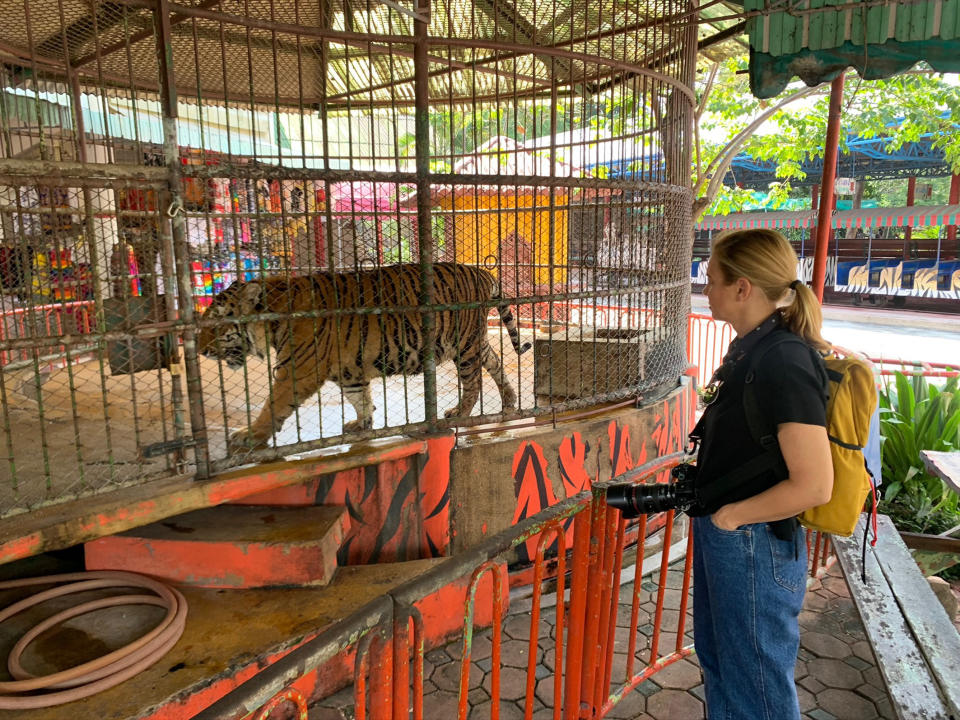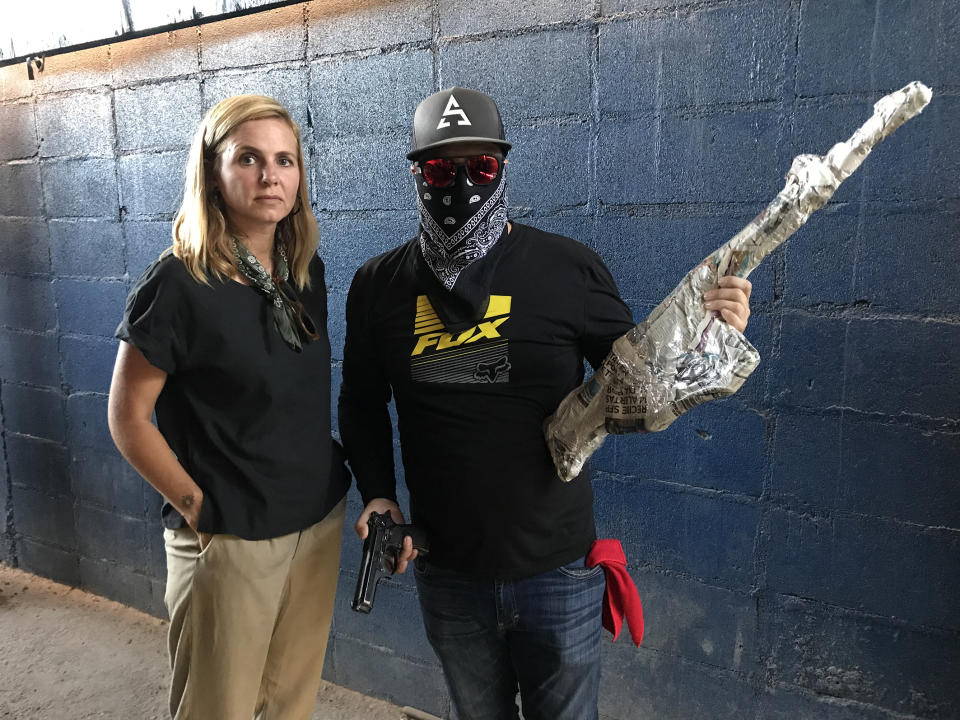Easier to buy a tiger than adopt a dog in parts of the US, documentary says
It is easier to buy a tiger than adopt a dog in some parts of the US, an investigative journalist has said.
The murky world of the big cat trade hit the headlines last year with Netflix’s wildly popular docuseries Tiger King.
It featured eccentric zoo owner Joe Exotic, who kept dozens of animals – including tigers and lions – at a compound in Oklahoma.
Award-winning journalist Mariana van Zeller has now pulled the curtain back further on the trade for her National Geographic series Trafficked, which sees her reporting on some of the most dangerous black markets on the planet.

Van Zeller said she was stunned to discover how easy it is to buy a tiger in some parts of the US.
She said: “One of the big reasons we wanted to do this show on tigers is that I knew I wanted to do one of the episodes on wildlife trafficking, but I wasn’t sure which animal.
“And then one day I read a statistic about how there are more tigers in captivity in the United States than there are tigers in the wild in the entire world. And that’s the moment that I realised, okay we have to do something, and we have to be able to gain access and try to understand why that is.
Watch: Firefighters Rescue Dog From Icy River in Michigan
“And, and so yeah while reporting on the show and realising that one of the things that happened is that in some states it’s actually easier to purchase a tiger than it is to adopt a dog, that is mind blowing.”
Van Zeller, who spoke with the now-jailed Exotic while researching Trafficked, added: “And there’s something very wrong about how we’re operating and the way that the tigers are being treated, not only in the United States but around the world.”

As well as the wildlife trade, the eight-part Trafficked also explores black markets for drugs, guns and sex workers.
Despite the shocking subject matter, van Zeller said she hopes the series shows the humanity of the people at the centre of the black markets – who are often motivated by a need to provide for their families.
She said: “If you actually get a chance to listen to their stories you will realise that in a lot of cases, they become black market operators, smugglers and traffickers because of a lack of opportunity.
“You then start to realise that they’re a lot more like us than we’d like to admit – they too are mothers and fathers and they too have dreams, goals, and aspirations. And I think that’s the uncomfortable truth sometimes.”
Watch: Hungarian Emergency Crews Rescue Dog Trapped in Sewer
Trafficked is new and exclusive to National Geographic, Mondays at 9pm from January 18.

